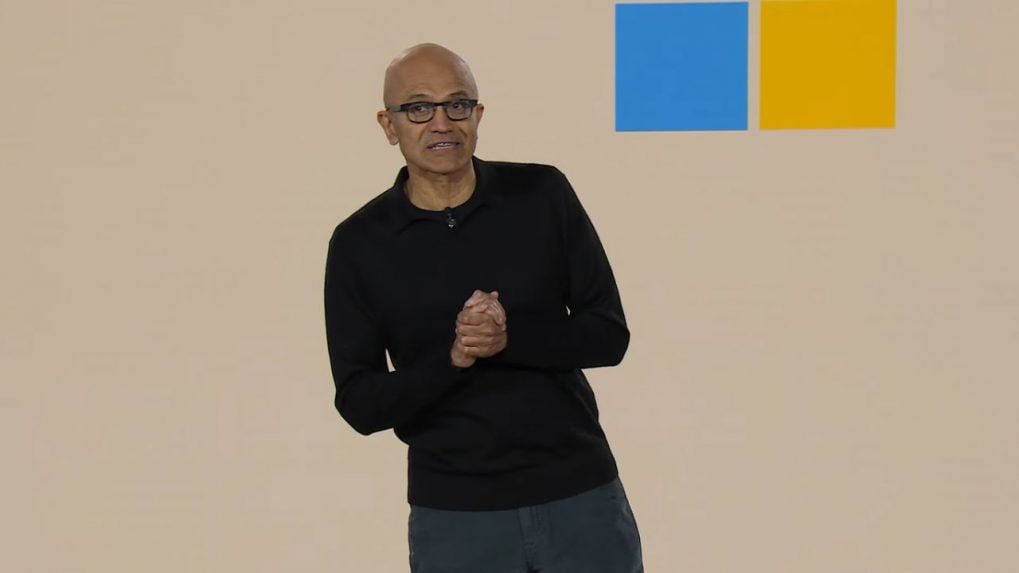Satya Nadella says Microsoft layoffs ‘weighing heavily’ on him amid AI restructuring
“Before anything else, I want to speak to what’s been weighing heavily on me, and what I know many of you are thinking about: the recent job eliminations,” Nadella wrote.
ADVERTISEMENT
Even as Microsoft hit a historic milestone this July — with its stock crossing $500 for the first time — the emotional cost of success in the age of AI is becoming harder to ignore. In a candid memo to employees, Microsoft CEO Satya Nadella addressed what he called the “weight” of the company’s recent layoffs, acknowledging the impact of job eliminations on both morale and internal trust.
“Before anything else, I want to speak to what’s been weighing heavily on me, and what I know many of you are thinking about: the recent job eliminations,” Nadella wrote.
So far in 2025, Microsoft has laid off more than 15,000 employees, including around 9,000 in a single round earlier this month. The company’s total headcount stood at 228,000 in June 2024, and Nadella noted that it remains “basically flat,” suggesting that the tech giant has been hiring and eliminating jobs in equal measure — a churn driven by the breakneck pace of AI innovation and shifting business priorities.
Microsoft’s ongoing success — from its Azure cloud business to its OpenAI partnership — has come with an uneasy paradox: soaring valuations and deep workforce cuts. The company is now the world’s most valuable publicly traded firm after Nvidia, whose chips power the AI boom that Microsoft is helping to lead.
“This is the enigma of success in an industry that has no franchise value,” Nadella wrote in the internal note. “Progress isn’t linear. It’s dynamic, sometimes dissonant, and always demanding. But it’s also a new opportunity for us to shape, lead through, and have greater impact than ever before.”
Read More: Google’s new AI tool turns photos into short videos without editing
But the emotional toll of these decisions is surfacing in public. A self-identified Microsoft director recently posted on LinkedIn, voicing frustration with the disconnect between Microsoft’s stated values and its layoff decisions. “I have loved working for this company, still do, but this has done so much damage to that loyalty,” they wrote.
At Microsoft, the restructuring is framed as a strategic pivot — one where the company transitions from “a software factory to an intelligence engine,” as Nadella put it.
“What does empowerment look like in the era of AI? It’s not just about building tools for specific roles or tasks. It’s about building tools that empower everyone to create their own tools,” he wrote. This memo reflects Nadella’s decade-long leadership philosophy of “empowering every person and every organization on the planet to achieve more,” now being recalibrated for an AI-first world.


